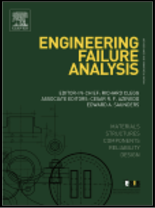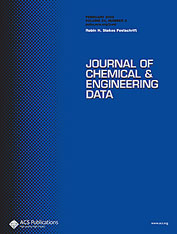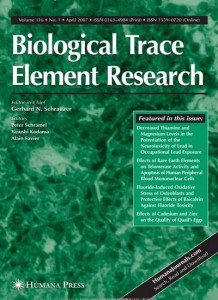A math professor in Poland has lost two papers because she plagiarized a doctoral thesis written before the United States had put a man on the moon.
The articles by Daria Michalik, “The decomposition uniqueness for infinite Cartesian products” and “Some remarks on the uniqueness of decomposition into Cartesian product,” published in 2017 and 2016, respectively, were retracted this year from Topology and its Applications over concerns they closely resembled an unpublished 1968 dissertation from Polish topologist Zbigniew Furdzik: “On the properties of certain decompositions of topological spaces into Cartesian products.”
Michalik has associations with the Institute of Mathematics, the same institution with which Furdzik, now deceased, earned his PhD. As of August of 2023, she was a researcher at Jan Kochanowski University in Kielce, Poland.
The retraction statements for both papers read:
Continue reading Two papers retracted for plagiarizing a 50-year-old thesis
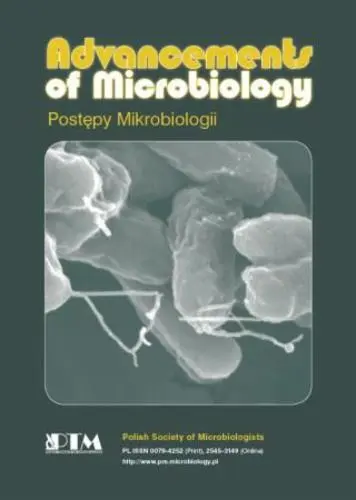

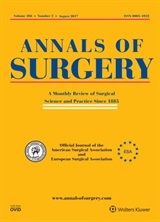 The Annals of Surgery has retracted a paper that used only male pronouns to describe surgeons following outcry from readers.
The Annals of Surgery has retracted a paper that used only male pronouns to describe surgeons following outcry from readers.
